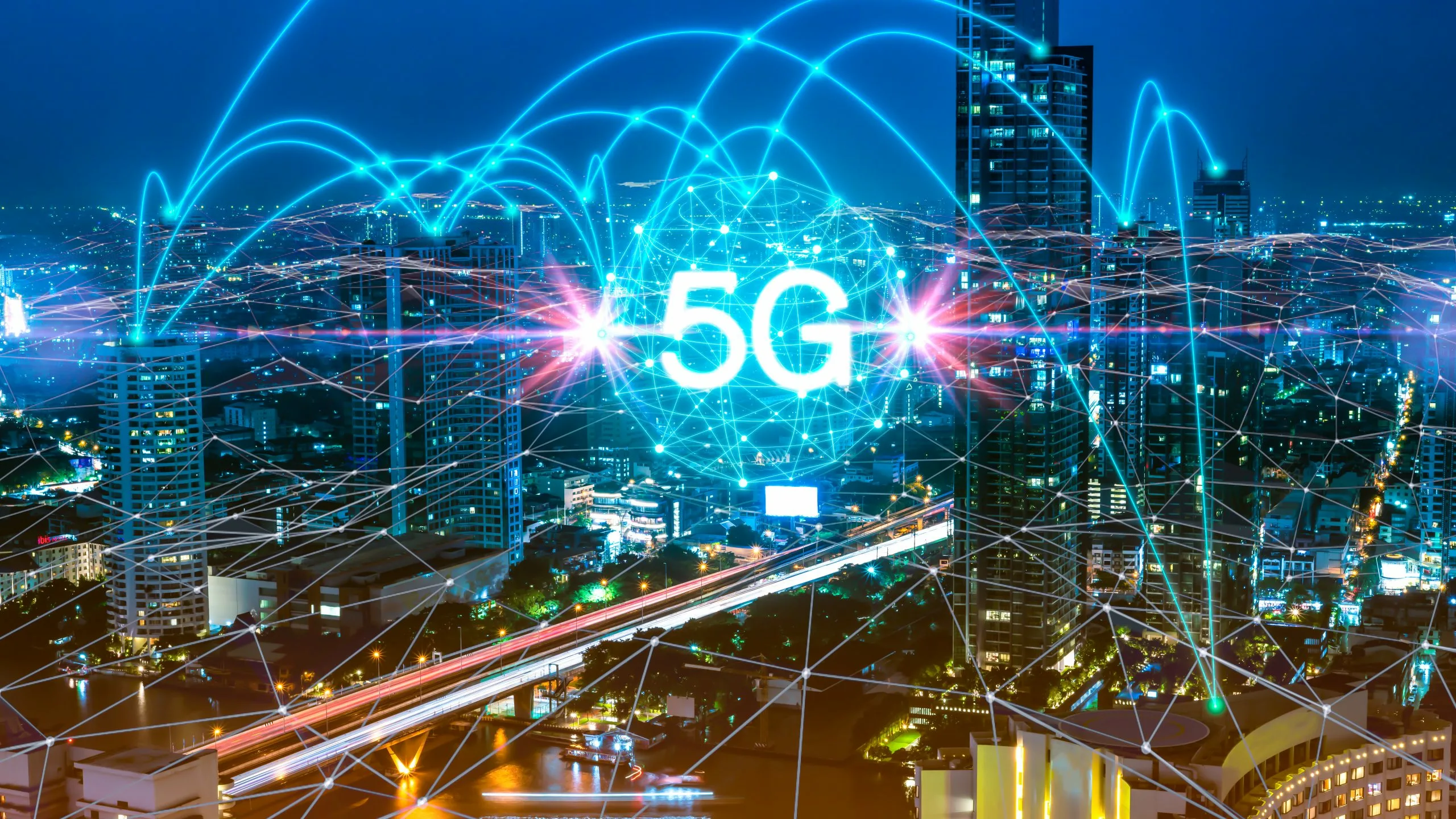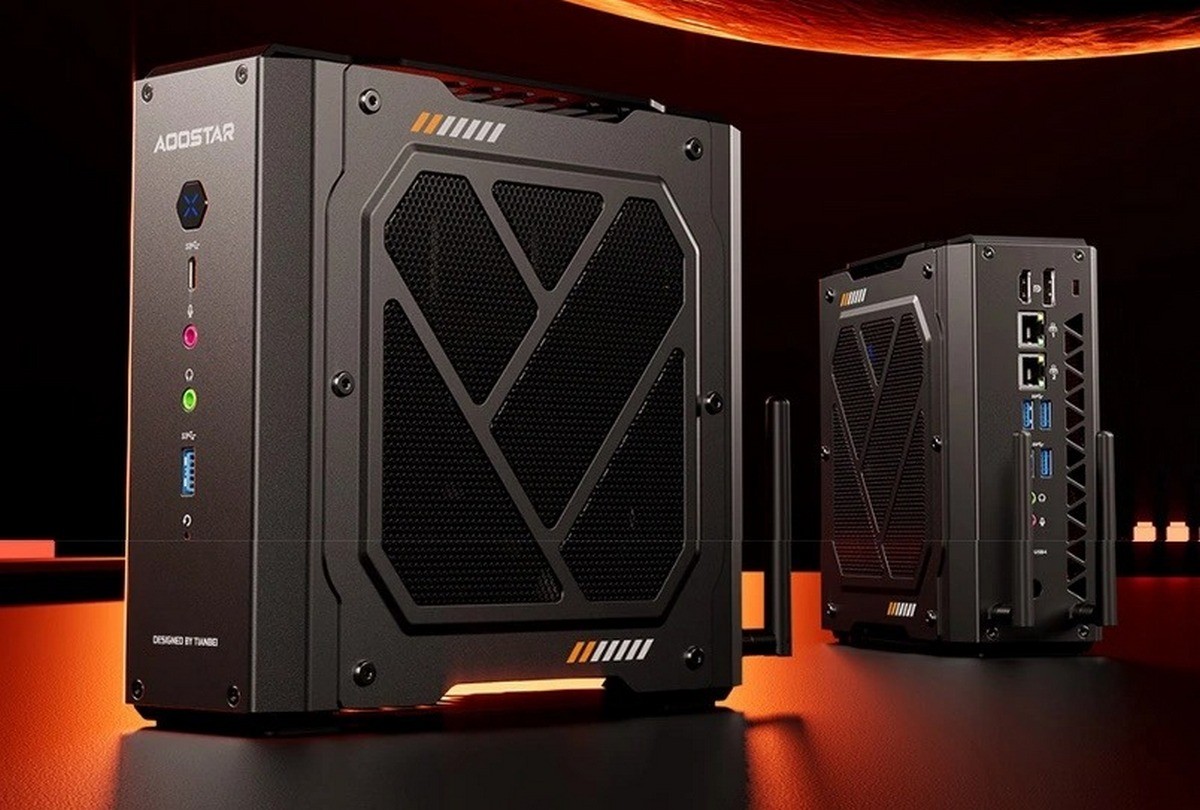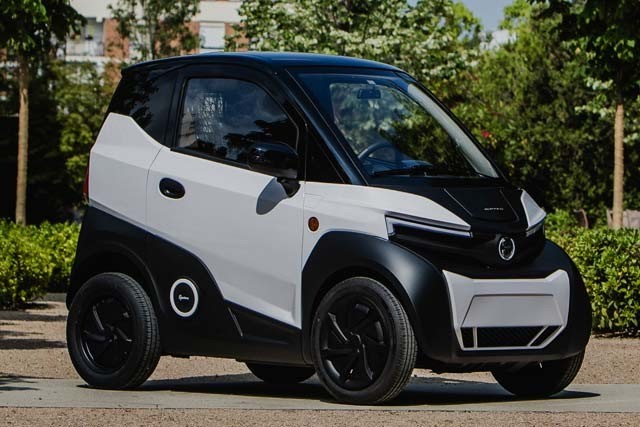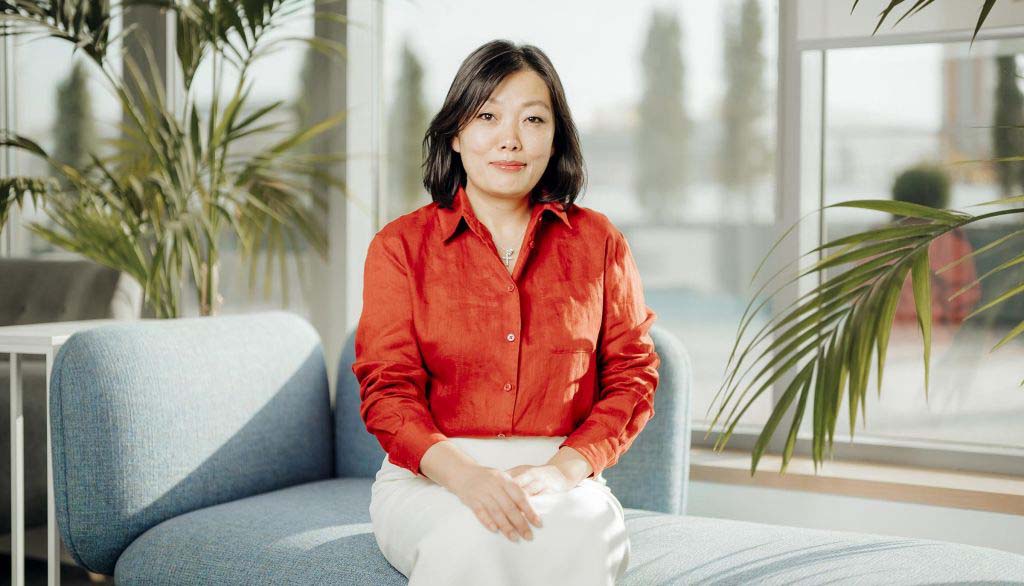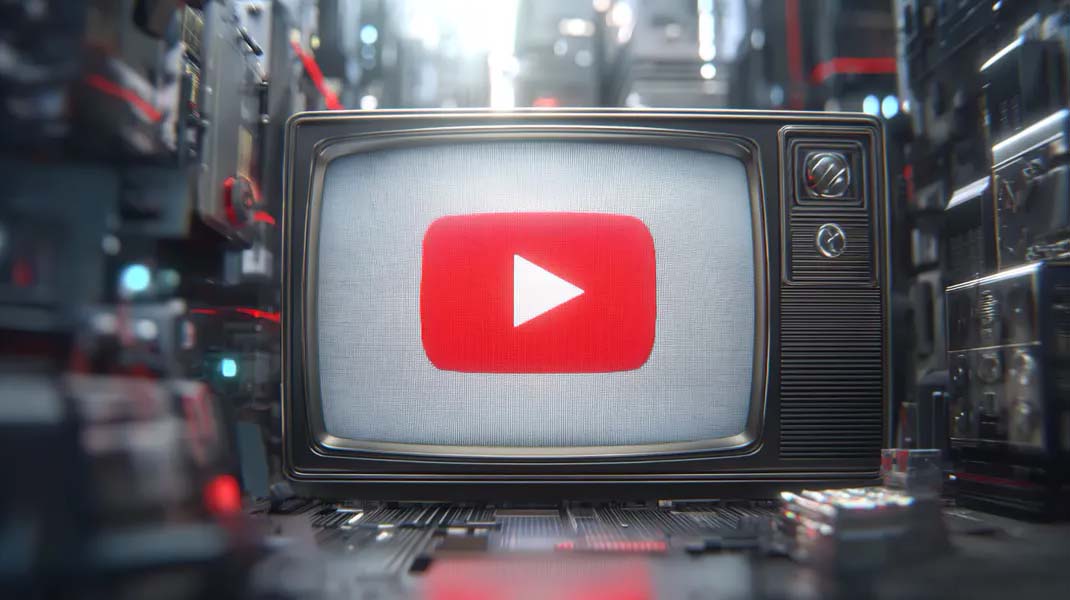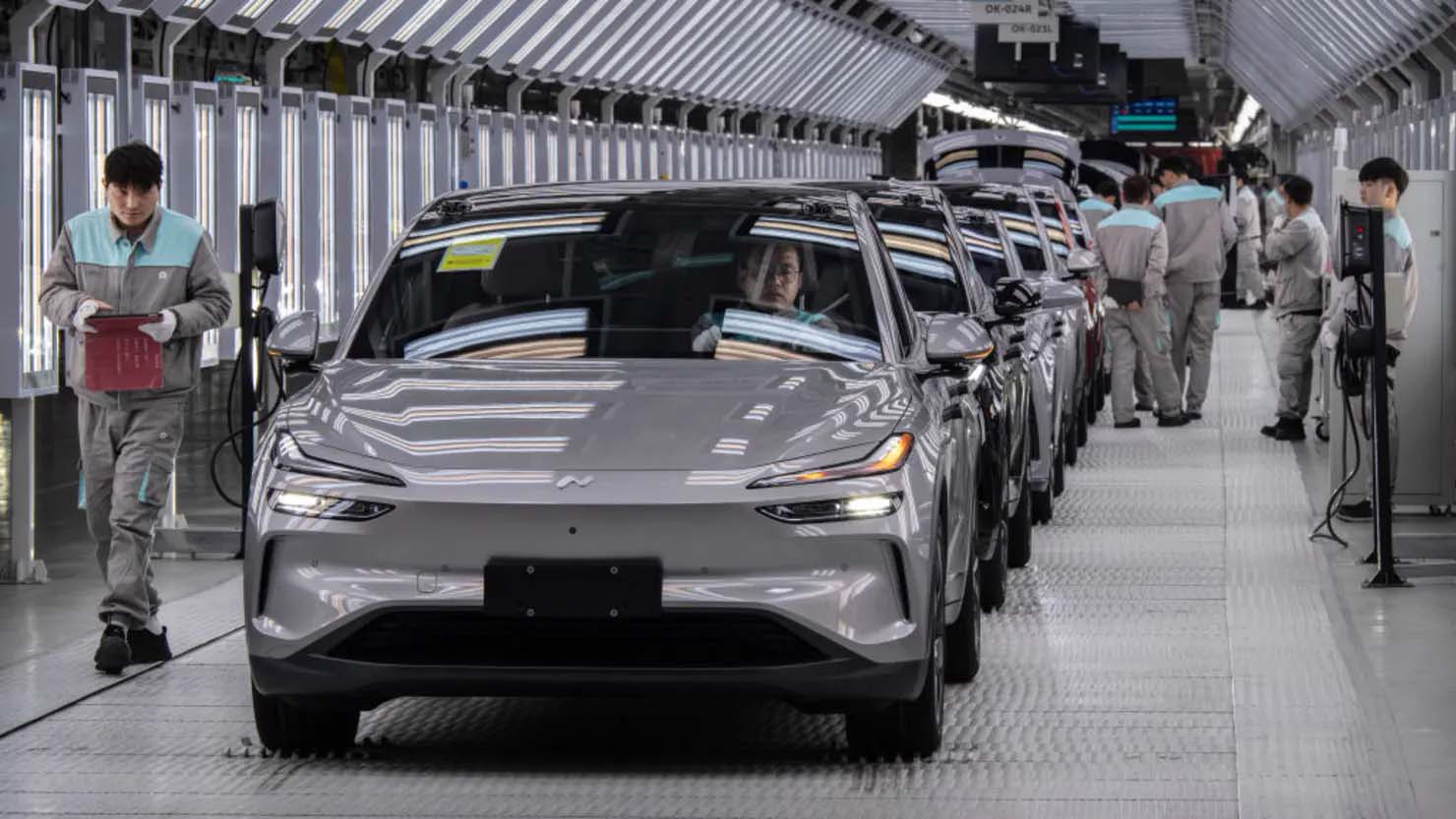In May 2025, OpenAI announced the largest deal in its history — the acquisition of the startup io, founded by legendary designer Jony Ive, who previously worked for many years as chief designer at Apple. This transaction marks an important turn in the strategy of OpenAI, which is increasingly looking to move beyond exclusively software products and start creating its own hardware solutions.
The deal is valued at almost $ 6.5 billion. According to Bloomberg, the process of its final closure is planned to be completed in the summer of 2025, after passing all regulatory procedures. 55 specialists — engineers, designers, and software developers-will join OpenAI. Among them are the co-founders of io: Evans Hankey, who previously served as Apple's chief designer, Tang Tan, former vice president of product design, and Scott Cannon, who led the development of Mac and iPad.
Jony Ive and his design studio LoveFrom will remain independent, but will take over all aspects of OpenAI design, including hardware and software. Among the tasks discussed with Ive is rethinking the ChatGPT user interface. However, the key direction will be the development of a new type of AI device, which the io team has been working on for several years.
There are still few details about this device. It is known that it will not be a smartphone or a wearable gadget like smart glasses-concepts to which Ive is skeptical. According to leaks, we are talking about a family of devices that will not be a replacement, but an addition to the usual laptops and smartphones, while being able to perceive the world around them and interact with the user on a more intuitive level. The ability to abandon the screen in favor of voice and touch interaction is considered as a fundamentally new paradigm in consumer electronics.
Similar attempts by other companies include AI Pin from the startup Humane and the Rabbit R1 voice assistant. Both devices were met with a cool reception from both the market and experts. Ive himself was critical of such solutions, calling them "weak products" that "lacked new thinking."
According to The Wall Street Journal, Sam Altman hopes to introduce a new device before the end of 2025. Although earlier, at the beginning of the year, he admitted that development could take several years, especially if OpenAI decides to create its own chip. However, Altman has publicly expressed ambitions to sell at least 100 million of these devices.
The new deal again drew comparisons between Altman and Steve Jobs. Journalists noted that the press release under the title "Sam and Joni present io" was designed in a deliberately warm and personal manner. The video accompanying the announcement was stylistically similar to Apple's iconic presentations and looked like an attempt to convey the same charisma and authority that Jobs once represented. However, the professional community does not agree on these parallels.
Some experts believe that it is premature to compare Altman with Jobs. In particular, the publication Axios emphasizes: Steve Jobs was obsessed with perfection and carefully honed every product before it hit the market, while OpenAI is known for its rapid launch tactics-the company prefers to release new solutions as soon as possible, and then refine them based on feedback from users.
They also pay attention to the difference in approaches to the strategy. In November 2024, on the 20VC podcast, Sam Altman stated that OpenAI avoids "fantastic dreams" and focuses on key areas. However, in reality, the company's product line has grown significantly, and even Altman himself in February 2025 recognized the need to simplify it, since users no longer understand the difference between AI models.
However, despite skepticism about Altman's identity as the "new Jobs", observers are increasingly saying that OpenAI as a whole can become what Apple was in the early 2000s. Bloomberg journalist Mark Gurman drew a parallel between artificial intelligence and the multi-touch screen, which at one time marked the beginning of the smartphone era. In his opinion, AI has already become a fundamental technology that can change the approach to user interfaces and devices of everyday use.
Against this background, OpenAI is confidently entering the territory where Apple has dominated for many years: in the field of design, hardware solutions and end-user interaction. Meanwhile, Apple itself, according to analysts, is experiencing a period of strategic uncertainty. Competitors like Google and OpenAI are using this window of opportunity to rethink the tech landscape — and possibly take center stage in it.



